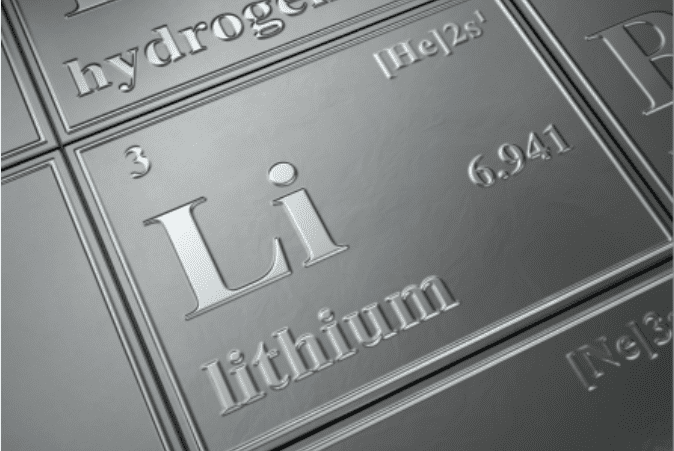Batteries have become an essential element of many RVs, especially those designed for residential care and long-distance travel. In some aspects, batteries have evolved significantly over the previous decade or two, while in others, they have stayed mostly unchanged. Read on to learn some of the top misconceptions surrounding lithium RV batteries today.
Myth 1: Lithium technology is very dangerous
Since its entrance into the motor vehicle industry, lithium battery technology has progressed significantly. In today’s world, the most often utilized chemical for RV cells is lithium iron phosphate (also known as LiFePO4), which has lower energy yields than other lithium-ion battery varieties while also being much safer to use.
In addition, today’s modern lithium batteries should be integrated with a battery management system (BMS) that has been UL-certified or has been independently verified. If the battery you’re purchasing doesn’t include a battery management system (BMS), you should explore another option.
Myth 2: Lithium batteries are expensive to purchase
If, for instance, lengthy outback traveling with an inverter for 240V power is anticipated, lithium batteries may actually be the most cost-effective option.
Refrigerators, which have had issues with low voltage functioning in the past, will almost certainly perform better in the future. Furthermore, since lithium batteries are smaller and lighter and need less room than deep-cycle batteries, they are well suited for use in smaller RVs of all kinds.
Myth 3: They must be recharged on a consistent basis
Although this is true for lead-acid batteries, continuously charging a lithium battery places stress on the battery, which may shorten its life span significantly.
Therefore, it’s best to sometimes only part charge the battery. This dramatically increases the number of times the battery may be cycled, but it has the side effect of decreasing the battery’s usable capacity, so make sure you still charge the battery fully every now and again.
A large portion of this is managed by the battery management system, which constantly analyses the battery in order to optimize its performance and extend its life cycle as much as possible.
Contact Lifeline Batteries today
Make sure to contact Lifeline Batteries for all your Lithium (LiFePO4 Lithium Iron Phospate) and AGM (Absorbent Glass Mat) batteries today.

